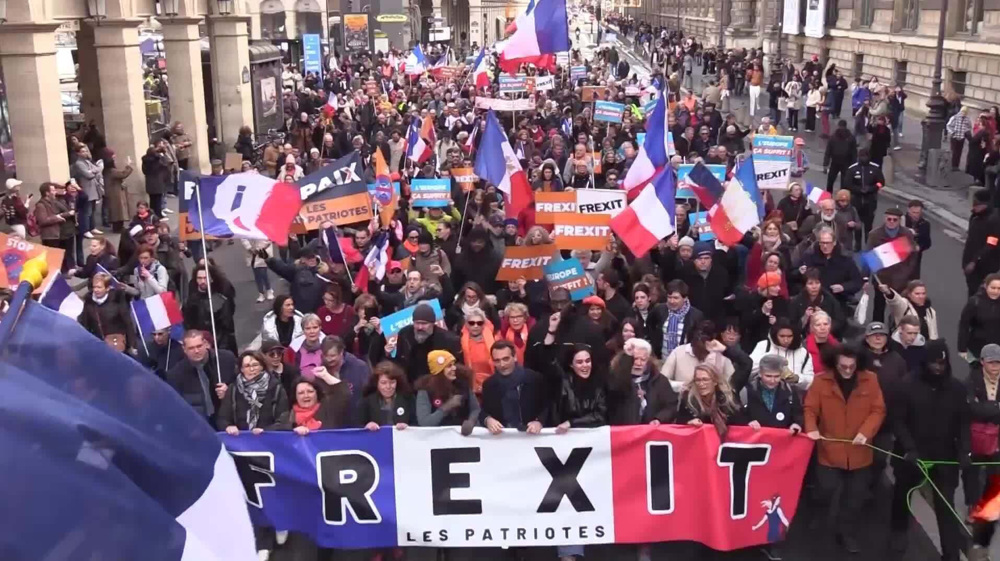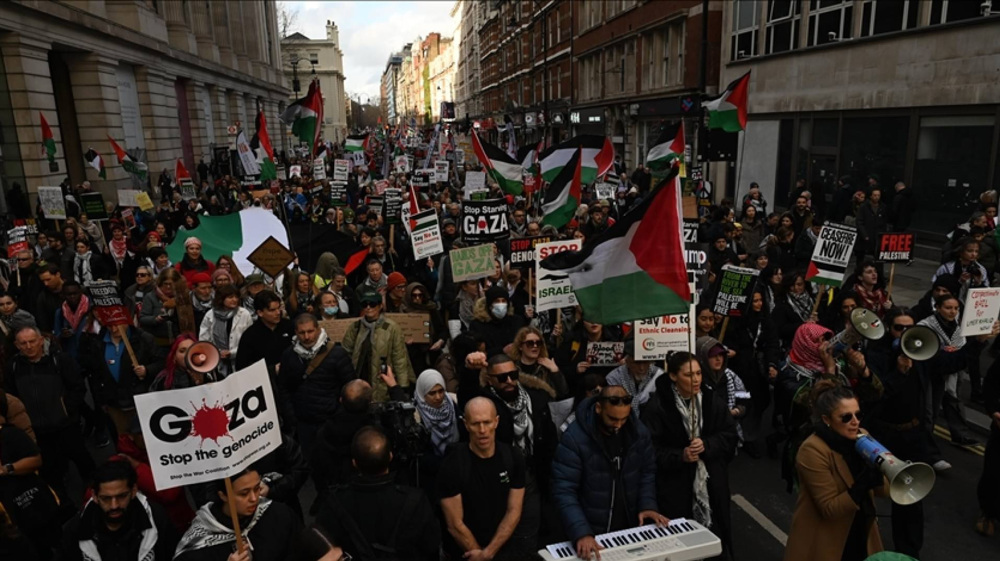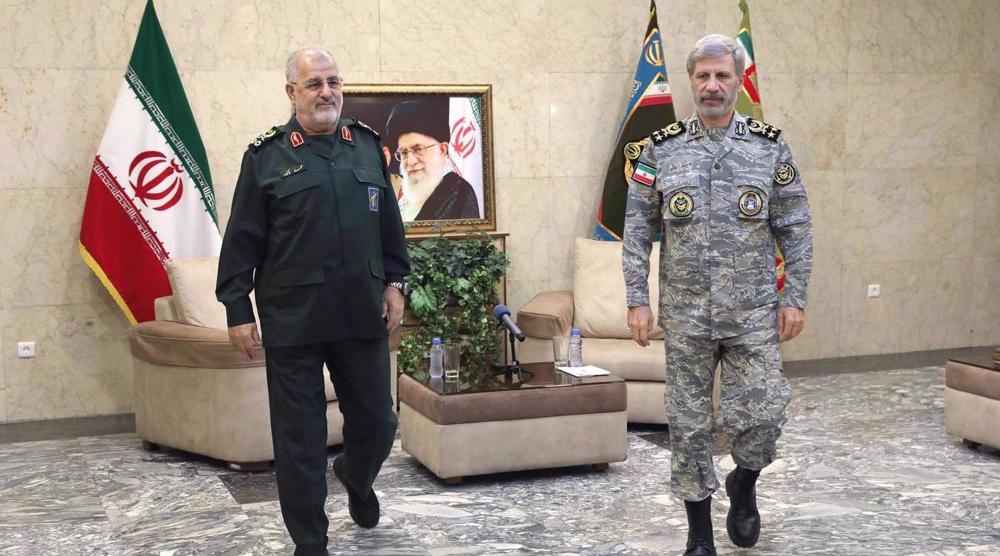Danes reject adopting more European Union laws
People in Denmark have voted to reject adopting European Union (EU) rules on justice and home affairs in a referendum that could have seen the Scandinavian country further integrate with the 28-member politico-economic bloc.
On Thursday, more than 53 percent of the voters said "no" to government proposals to further Denmark’s participation in the EU’s justice and home affairs system, compared to the 46.9 percent who approved of the regulations. The turnout, higher than expected, was recorded at 72 percent.
Despite being a member of the EU, Denmark has not adopted the bloc’s entire regulations regarding justice and home affairs. Following the "no" vote, the country will now have to negotiate a special agreement with the EU if it seeks to stay in the EU’s law enforcement agency, Europol.
“It is a clear no,” Prime Minister Lars Lokke Rasmussen said, adding he had “full respect” for the voters’ decision. “I don’t consider this as a step back. The Danes have refused to take a step forward.”
“The reasons why Danes refused to choose what we proposed is probably that there’s this feeling of uncertainty, given the fact that Europe is right now faced with other major problems which we haven’t really solved,” the premier pointed out.

Denmark’s center-right government, backed by the opposition, had campaigned for a "yes" vote, saying it would help statesmen in the wake of a series of deadly attacks in the French capital of Paris on November 13. Some 130 people were killed and scores injured in attacks, which were claimed by the Takfiri Daesh terrorist group.
The system of regulations rejected by the Danes on Thursday involved tighter cross-border policing, among other things.
“The Danes know that when things are left to Brussels, they’re left a long way away in a non-transparent system, where we lose a lot of our democracy,” Kristian Thulesen Dahl, the leader of the right-wing populist Danish People’s Party (DF), said.
The Danish vote came at a time when the EU is beset by increasing security threats, and a massive influx of refugees from the Middle East and North Africa.
Iran ready for diplomacy, but not under pressure: Araghchi
VIDEO | Cape Town Ramadan expo builds social cohesion, counters Islamophobia
President Pezeshkian orders resumption of nuclear talks with US: Reports
US war rhetoric against Iran driven more by corporate power than national interest: Activist
Ex-Israeli PM Barak sought Epstein’s help for Trump’s interview with Israeli media
Iran warns any aggression will have grave consequences for entire region
First group of Palestinians returning from Egypt passes through Rafah crossing
Former CIA chief admits US 'directly helped' rioters in Iran

















 This makes it easy to access the Press TV website
This makes it easy to access the Press TV website